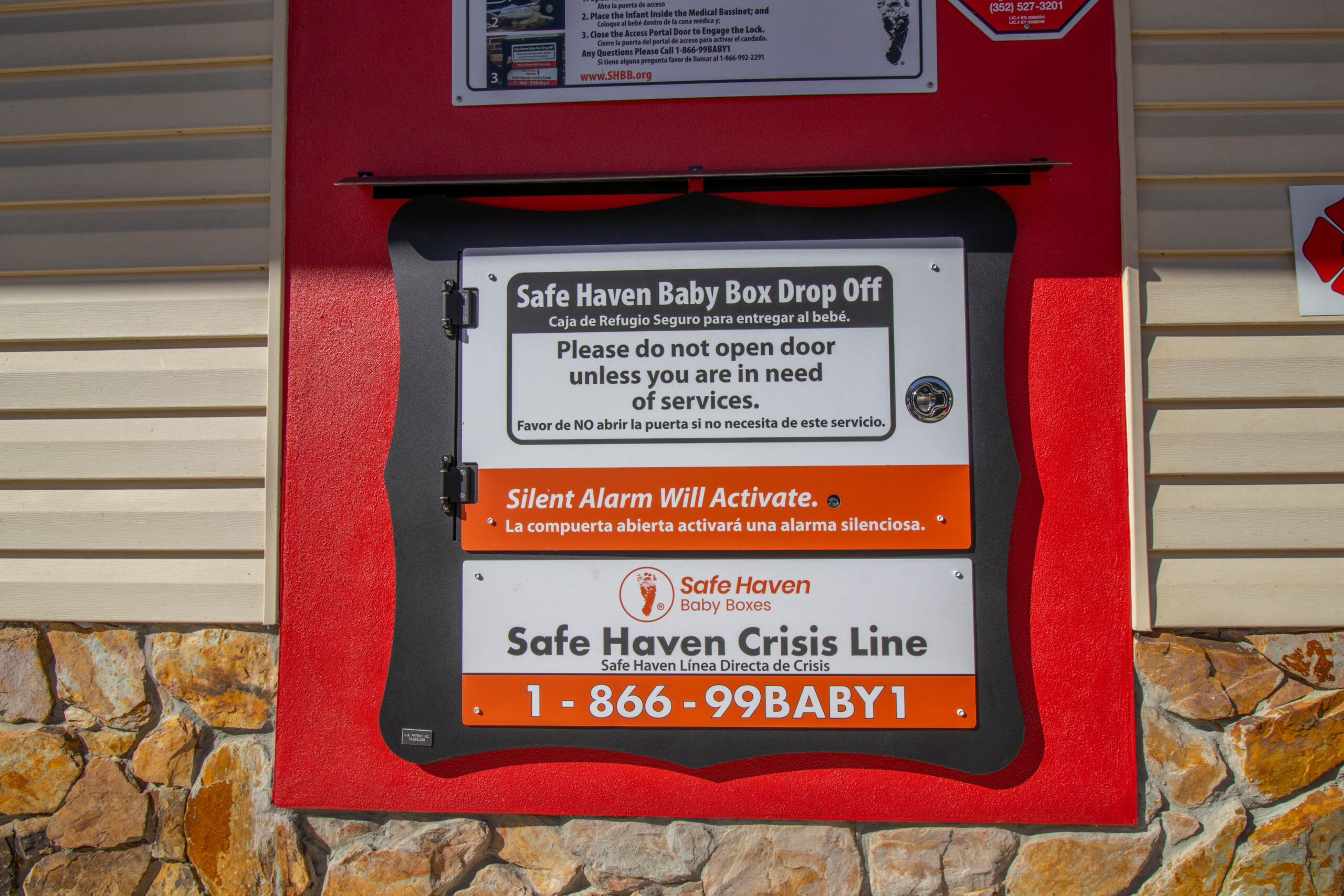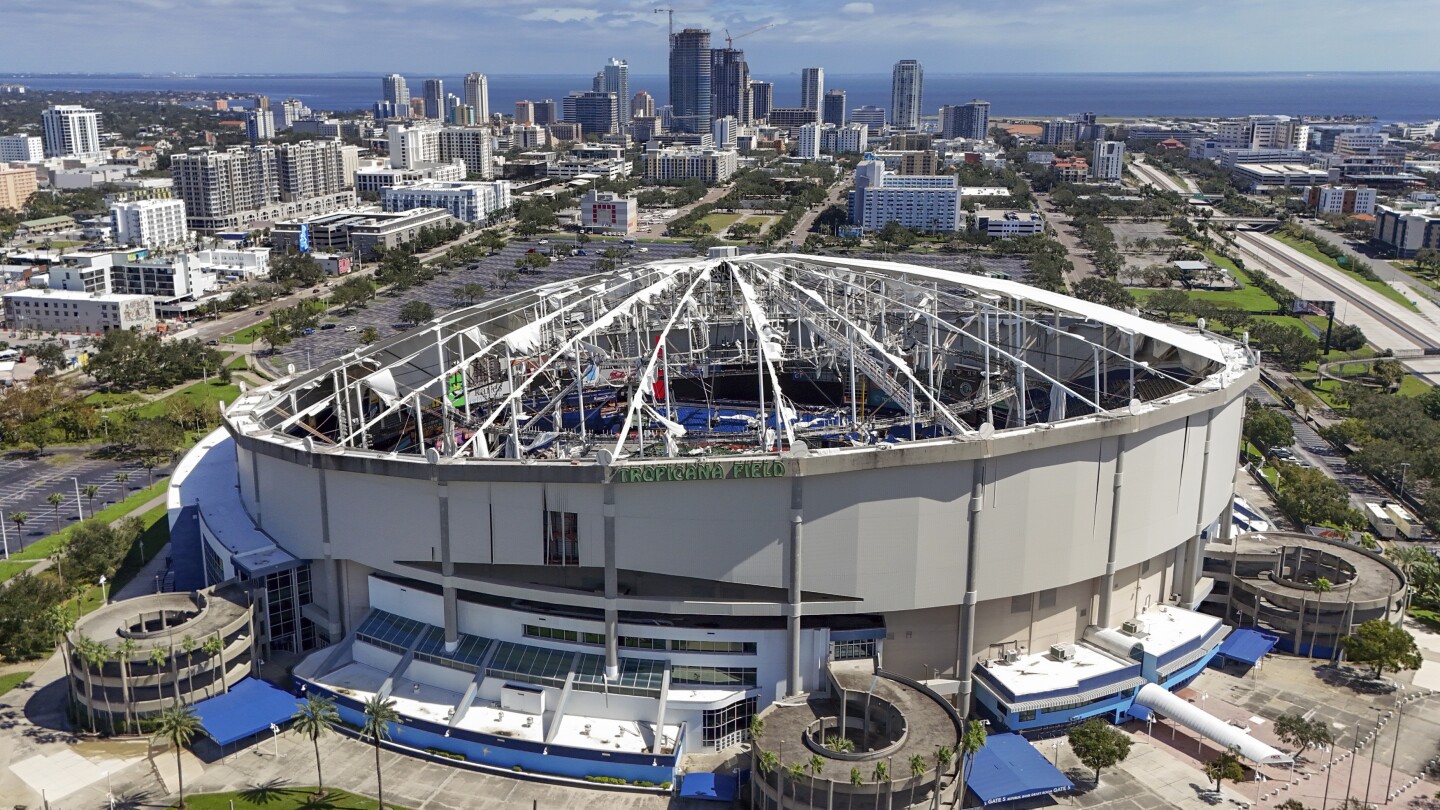A measure that would decouple thoroughbred horse racing from certain casino operations, such as slot machines, has cleared its first Committee stop, but not before dozens of speakers voiced their opposition to the measure.
It was an occasionally heated hearing Tuesday at the Senate Regulated Industries Committee meeting, where Sen. Danny Burgess presented his bill (SB 408), including a strike-all amendment that provided what were intended to be concessions to the thoroughbred horse racing industry and affiliated partners.
But the change did little to quell fears, mainly among those in the Ocala horse community, including breeders, trainers, veterinarians, feed store owners and more.
The amendment to the bill, which was adopted, ensures a seven-year window for the horse industry to discuss and establish a plan to ensure its future. The amendment stipulates that race tracks must give at least four years’ notice before ending live horse racing, and that notice, under the bill, couldn’t be given until July 1, 2028, more than three years from now.
More broadly, the bill would implement what is known as “decoupling,” which would allow thoroughbred horse racing tracks to maintain licenses for slot machines and card rooms without requiring them to also host live racing.
Other parimutuel facilities were decoupled from ancillary gambling activities under a 2021 law (SB 2A).
Committee Chair Sen. Jennifer Bradley cited the unfairness to horse racing facilities in her support for the bill. Still, she was sure to support those who spoke passionately against the measure. She noted declines in the horse breeding industry, which throws a cloud of uncertainty into not just racing but the horse industry writ large.
“That uncertainty acts as a cloud to everyone in this room,” she said.
And committee co-chair, Sen. Jason Pizzo — a rare Democrat holding a leadership post in the Legislature — went even further. He sincerely thanked those who spoke against the decoupling measure, emphasizing the importance of horse racing to Florida and, in particular, the Ocala area. But his South Florida district is home to Gulfstream Park in Hallandale Beach, which is pushing for decoupling.
At issue is a drop in foal production in the state. In 2002, about 4,500 foals were bred. By last year, that number had dropped to just around 1,000. And last year, the Legislature approved and the Governor signed into law permanent yearly distributions of $27.5 million “to promote breeding and racing horses.”
“That’s not sustainable,” Pizzo said, supporting his “yes” vote.
“This had to happen today so a conversation is actually had,” Pizzo said, noting that the bill has two more committees to clear before even reaching the Senate floor.
Still, the opposition will be hard to ignore. Several dozen people either spoke or waived their speaking time in opposition. A vet started his own practice under the assumption of a continued thriving horse racing industry in Ocala. There was a brother and sister looking forward to establishing livelihoods. There were trainers who have built their lives around rural farms. All shared a similar message: that if this bill becomes law, it will imperil horse racing and everything it supports.
According to the American Horse Council, that includes a $3.24 billion economic impact and more than 33,000 jobs. And that doesn’t include the tourism impact horse racing draws, many speakers noted.
The Florida Thoroughbred Breeders’ and Owners’ Association responded to Tuesday’s vote, arguing “more work” is needed to fight the bill and that it’s “a fight we can win.” The group, through its CEO Lonny Powell, blasted the Legislature’s “prioritizing Canadian gaming interests over Florida’s family farms, small businesses, and horsemen,” a reference to the group that owns Gulfstream Park, the Stronach Group, which is based in Aurora, Canada.
“Make no mistake, this legislation would strip away jobs, investment, and a $3.24 billion industry, pushing economic opportunities out of the state. Our Thoroughbred industry is deeply rooted in Florida’s agricultural heritage, powering rural communities and fueling local economies. Lawmakers must reject this bill and stand with the hardworking Floridians who keep this agricultural industry and rural Florida thriving,” Powell said.
Of all the speakers, only one was in favor of the bill. Jeff Johnston, president and partner at the Johnston & Stewart governmental affairs firm, represents Gulfstream Park. The company wants to make necessary improvements to its facility and hopes to attract more attention to its racing activities. He lamented that critics were perhaps not reading the bill, noting that it does not change the number of days tracks are required to race per year. And he doubled down on the industry being “in trouble.” He said Gulfstream subsidizes the sector “to the tune of about $6 million.”
The conversation is far from over. The Senate bill will next go to the Appropriations Committee on Agriculture, Environment, and General Government and the Rules Committee.
A house version of the bill (HB 105) originally from Rep. Adam Anderson has cleared both of its committee stops and was amended to include a similar provision to provide more time for the horse racing industry to adapt to change. However, unlike the Senate version, which contemplates a seven-year period before decoupling is put into practice, the House version offers five years.
Time is ticking on both sides — the Legislative Session is expected to end on May 2.
Post Views: 0

 Entertainment8 years ago
Entertainment8 years ago
 Politics8 years ago
Politics8 years ago
 Entertainment8 years ago
Entertainment8 years ago
 Entertainment8 years ago
Entertainment8 years ago
 Tech8 years ago
Tech8 years ago
 Tech8 years ago
Tech8 years ago
 Tech8 years ago
Tech8 years ago
 Politics8 years ago
Politics8 years ago









